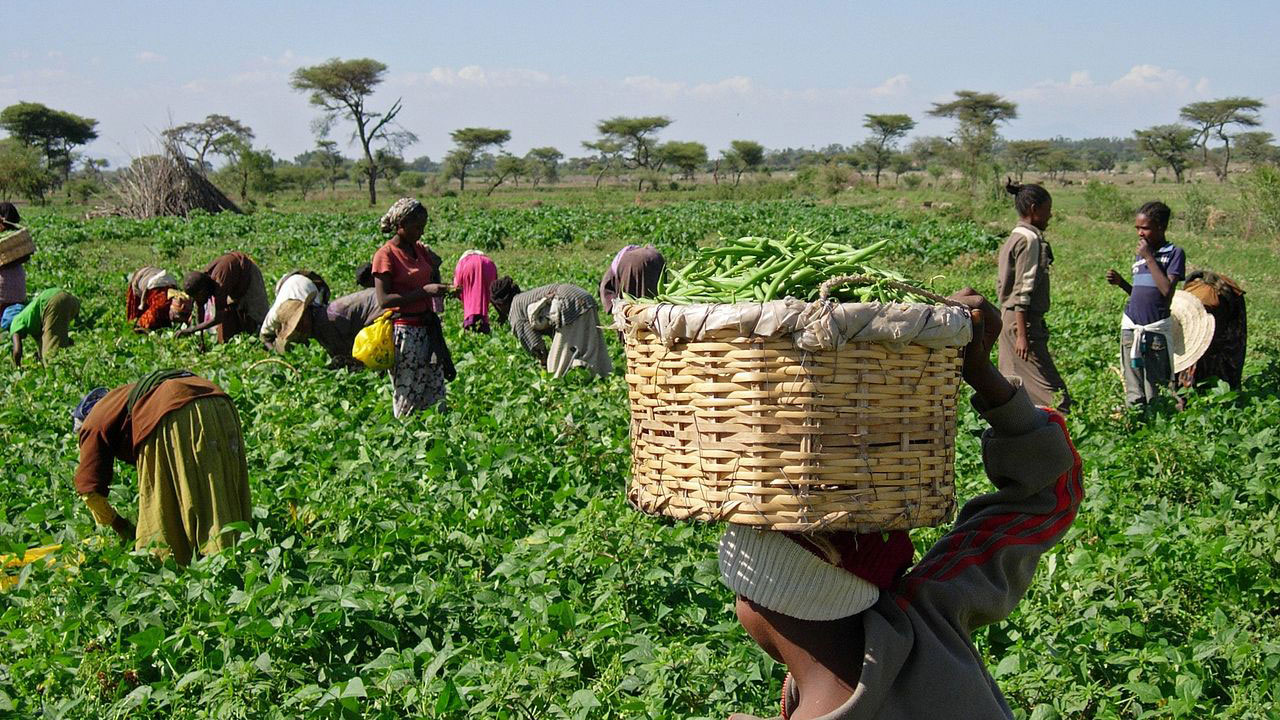Agricultural stakeholders have claimed that the Central Bank of Nigeria’s (CBN) forex exclusion list has engendered a virile agricultural sector in the country in spite of its challenges.
Some experts observed that the policy has forced farmers and agri-business men to embrace backward integration projects for local cultivation of raw materials due. The apex bank has continued to sustain the policy despite complaints and pressures to review the list, and this is believed to have contributed meaningfully to the agricultural sector.
The National President of Potato Farmers Association of Nigeria, Mr. Dan Okafor, said: “It is true that the forex restrictions contributed to food production in Nigeria.” The Governor of the CBN, Mr. Godwin Emefiele, has consistently defended the restriction of foreign exchange access to more than 41 import items.
Emefiele argued that it is necessary to protect the economy from the importation of items that could dampen the local production and economic growth. He noted that the implementation of forex policy on certain items had led to improvements in the domestic production of those items and a reduction in Nigeria’s import bill.
The forex-restricted items prohibition list includes rice, cement, margarine, palm kernel, palm oil products, vegetable oils, meat and processed meat products, vegetables and processed vegetable products.















